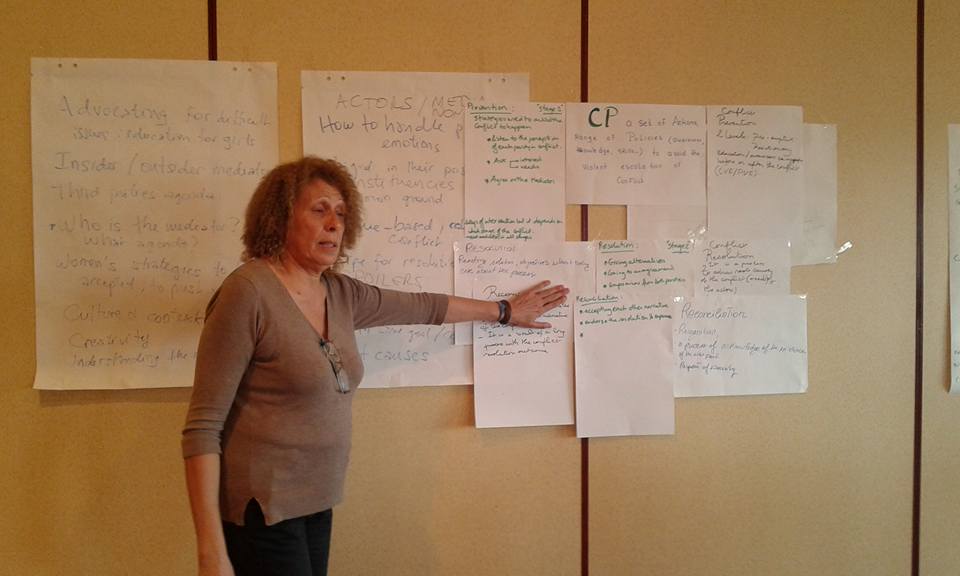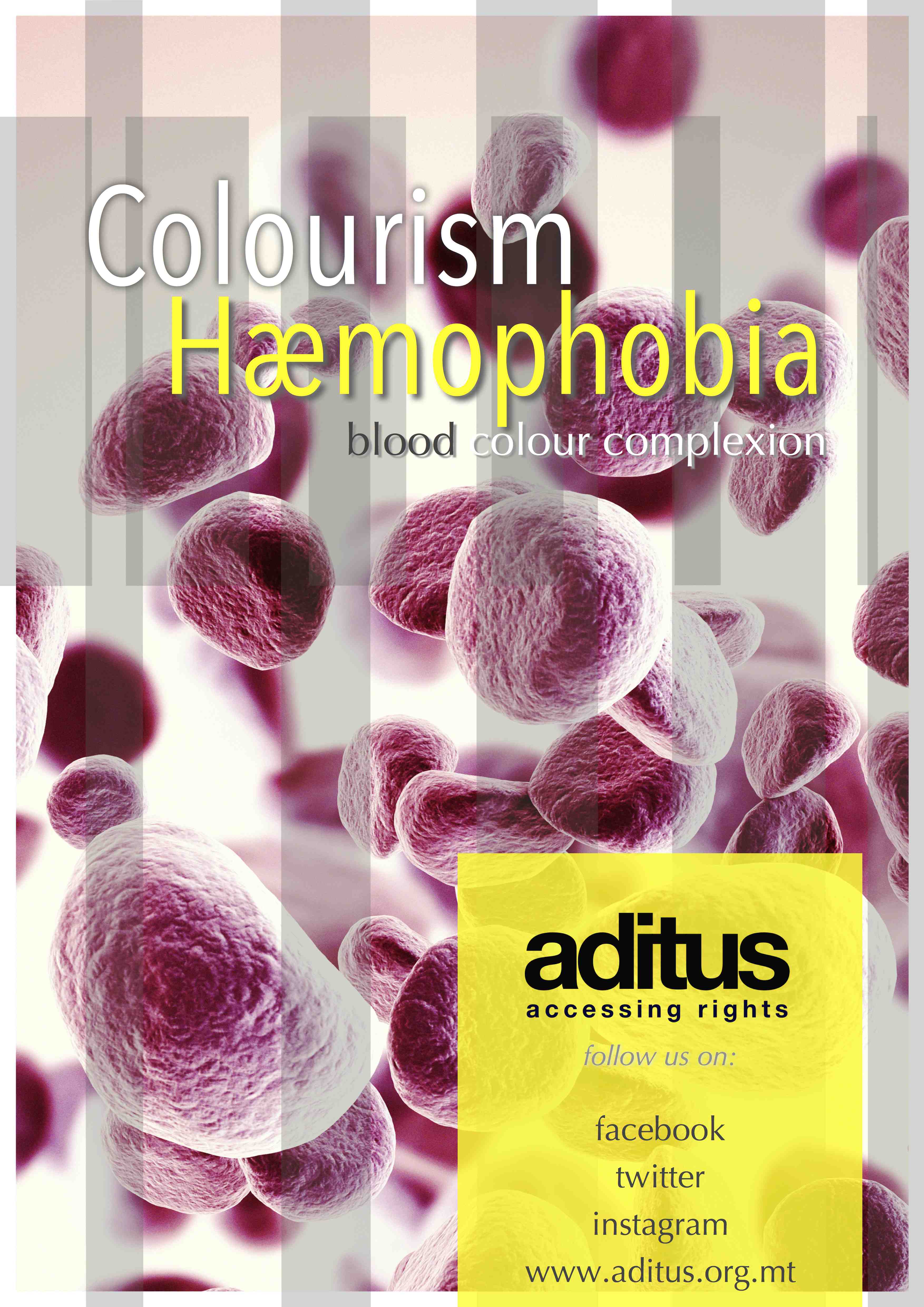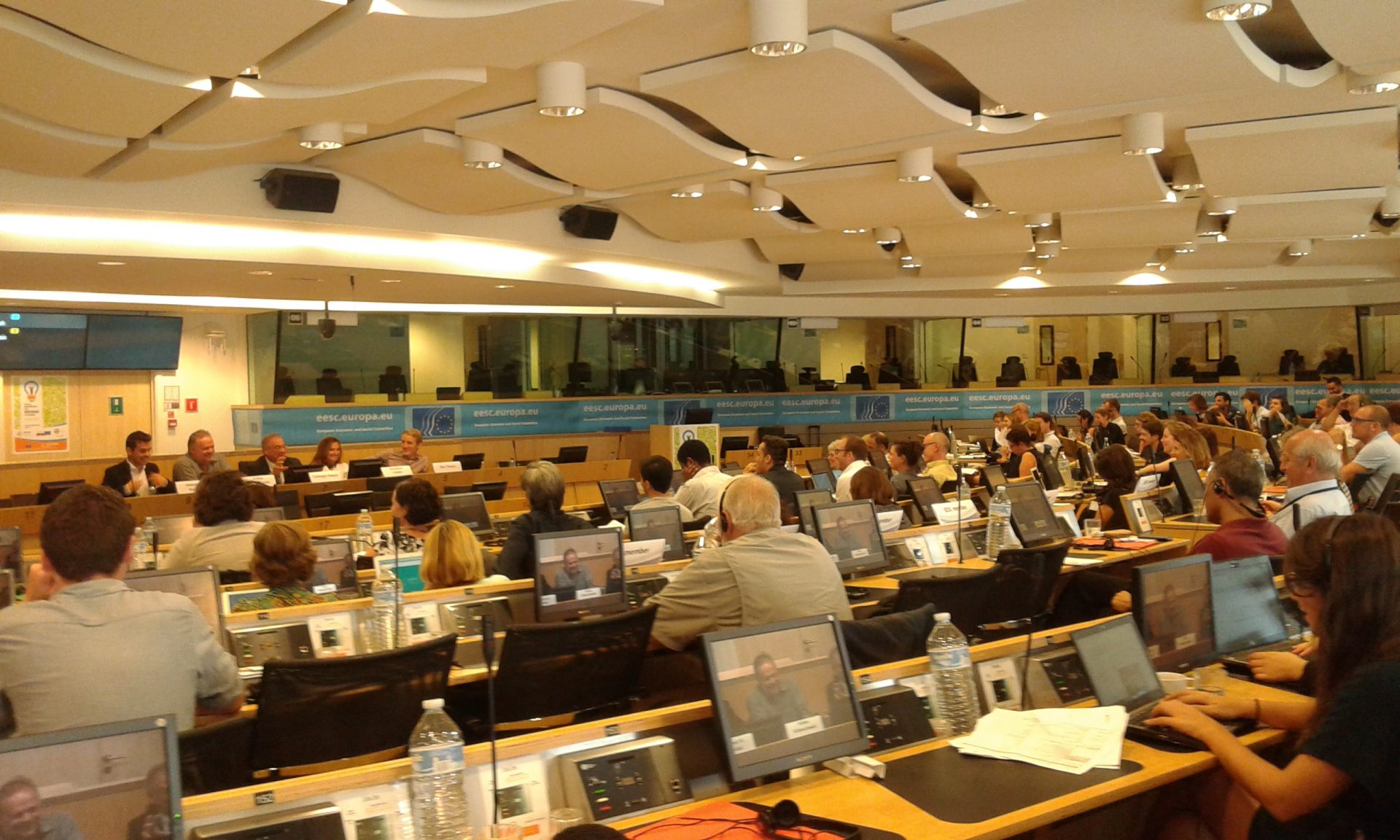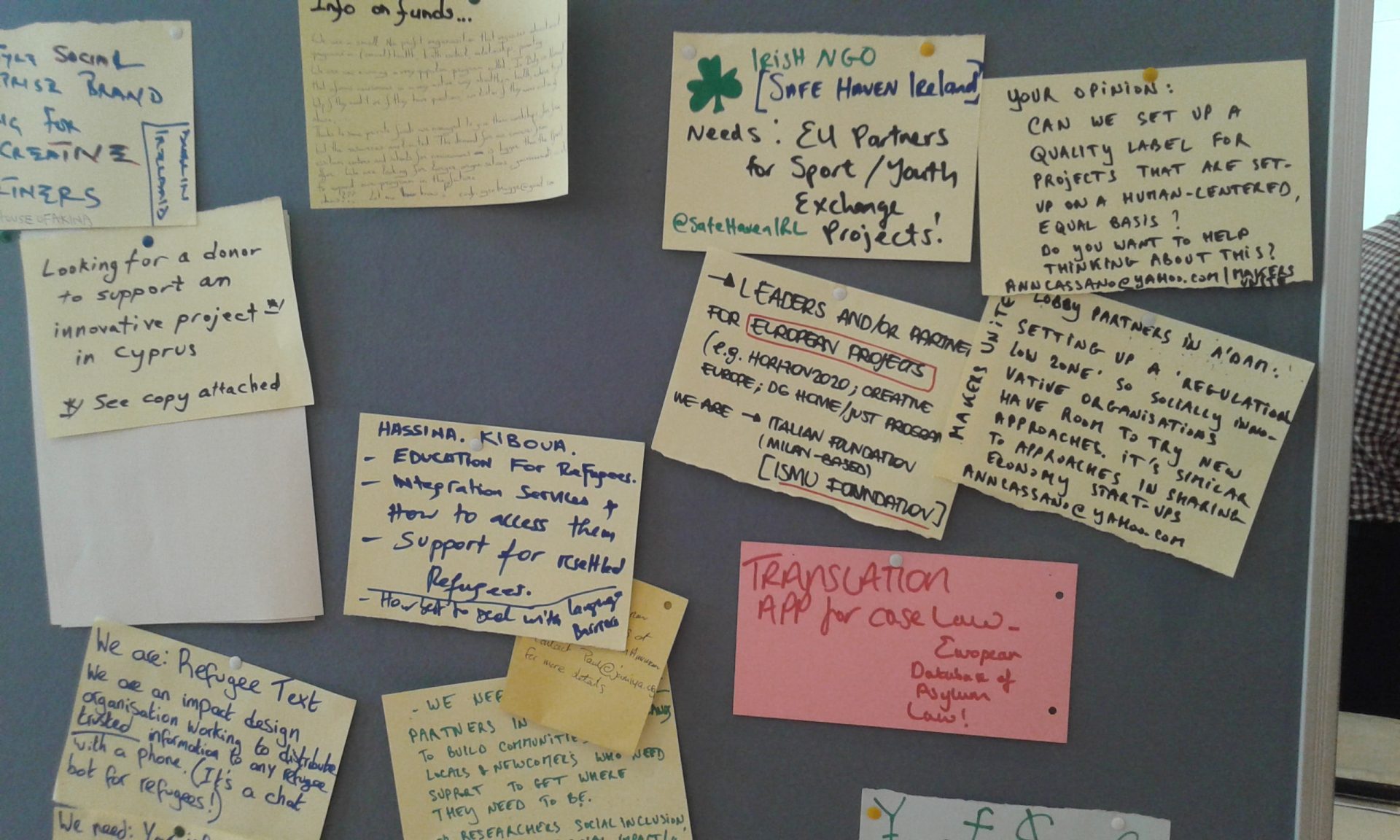From 12 to 13 May 2017 members of the Platform of International Cooperation on Undocumented Migrants (PICUM) met in Brussels for the Annual Assembly: New Challenges and Opportunities for undocumented Migrants’ Rights.
The General Assembly is a crucial event for PICUM members as it is unique opportunity to come together and talk about the situation of undocumented migrants across Europe and to mobilise around main problems. The Assembly is an essential part of PICUM’s calendar as it enables members to talk about key issues, discuss the events from last year and work on strategies for the next year.
From aditus foundation, I participated in the interactive two-day event which consisted of expert panel discussions on recent migrant policy developments, thematic break-out sessions and ‘floor is yours’ sessions hosted by the members. This year PICUM’s key issues included access to healthcare, fair working conditions, access to justice for undocumented women, children and families.
The Assembly started with a discussion about the current EU policies concerning migration, and main events from last year which have the biggest influence on the issue. During the opening panel, speakers such as Franck Duvell from the University of Oxford, Judith Sargentini (Member of European Parliament), Stephanos Stavros from the Council of Europe and Kadri Soova from PICUM, spoke about the migration crisis in Europe.
Discussions during the conference were mainly focused on the EU’s attempts to regularise the inflow of migrants by negotiating agreements with states through which migrants and refugees are passing to reach the EU. Treaties and agreements with various countries aiming to send refugees back were strongly criticised.
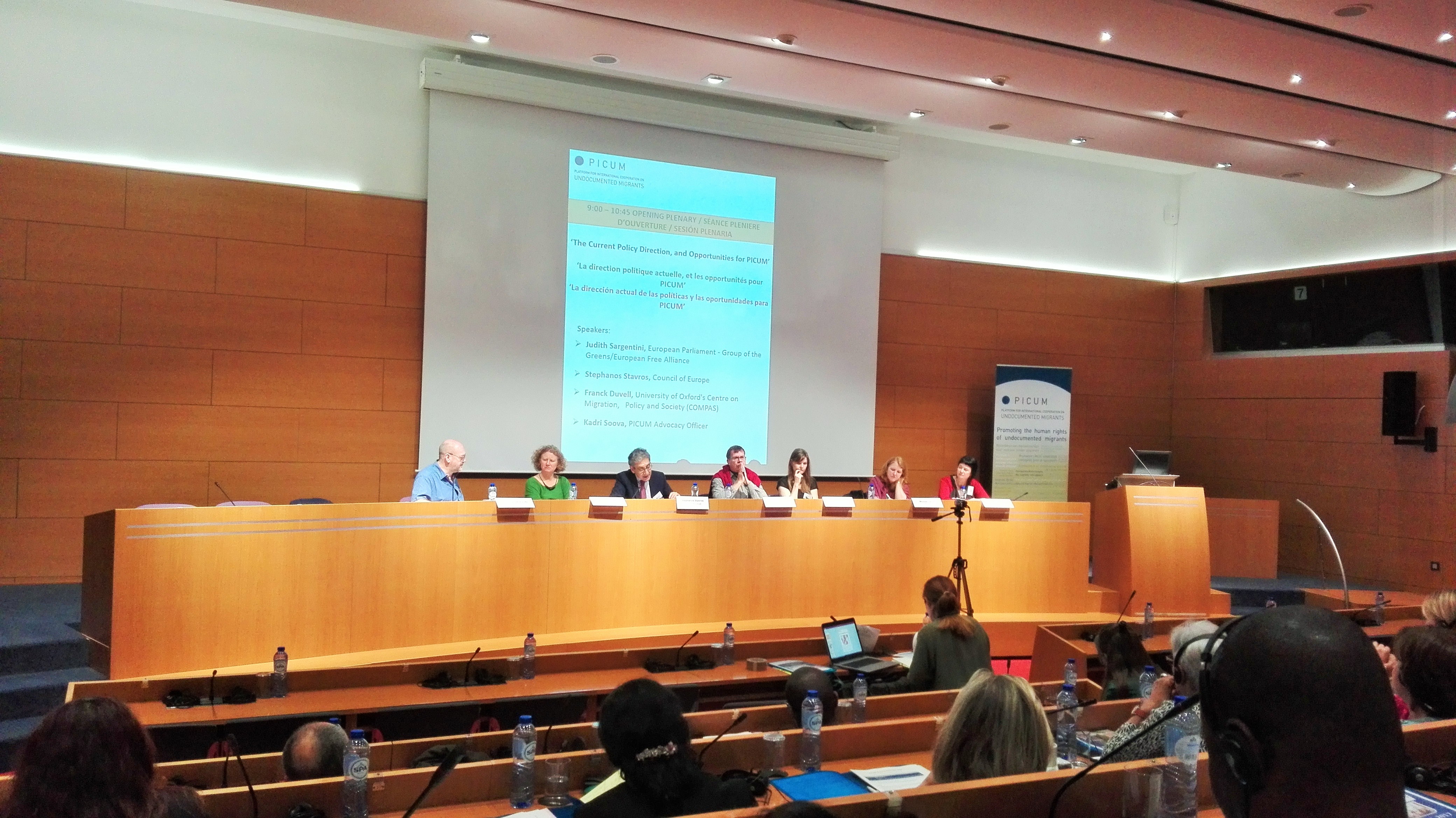
Another important recurring topic was the Dublin Regulation and the negative role it plays in the current situation. All participants agreed that there is an urgent need to change the EU norms concerning the return of refugees to the Member State where they applied for international protection, or through which they originally entered the European Union. It was stressed that all the Member States should share the relocation responsibility of refugees.
Taking into account all the topics raised during the conference, one issue seemed especially crucial as it was common for all the EU. In speeches and during the panel sessions all participants kept mentioning the importance of the fight against hate speech in the context of migration and refugees. Everyone criticised the growth of populism among EU Member States and the negative role played by some governments using this issue in their political activities.
Together with participating in panels and thematic sessions, we had a chance to get to know each other and share experiences. In our discussions we talked about the situation in our home countries and about the biggest challenges everyone is facing in everyday work.
Taking part in PICUM’s General Assembly was an amazing opportunity to meet inspiring people who are very committed in their fight for a better life for migrants.

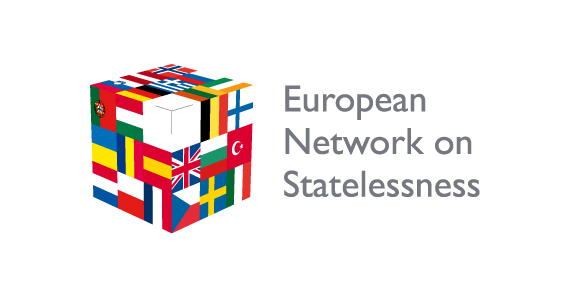
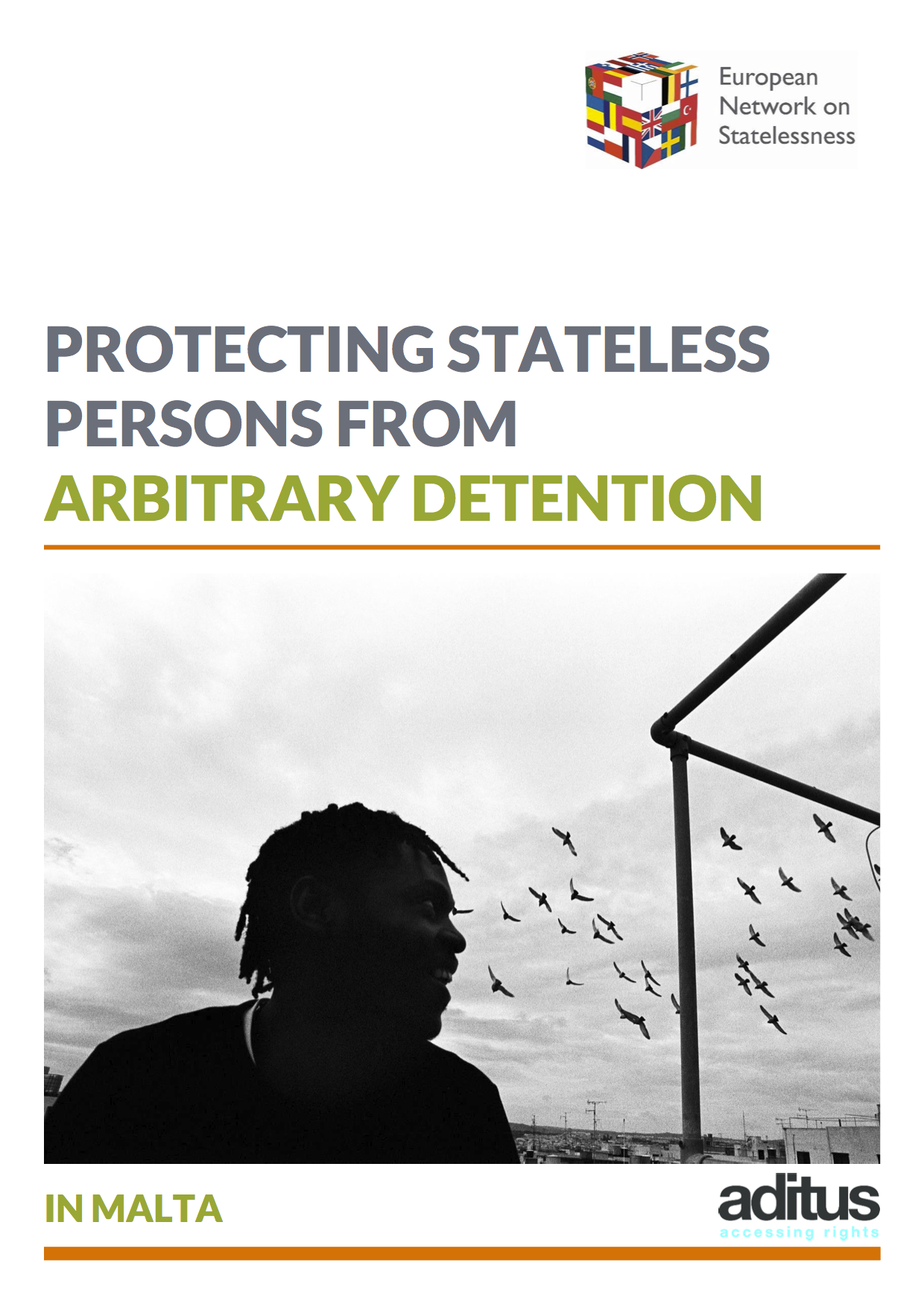
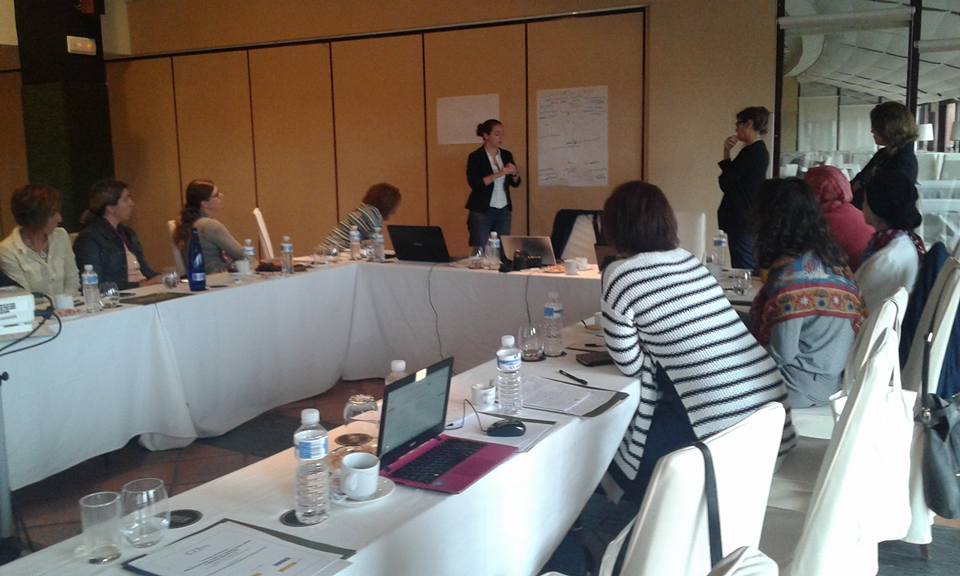 From 23th to 27th October 2016, the
From 23th to 27th October 2016, the 